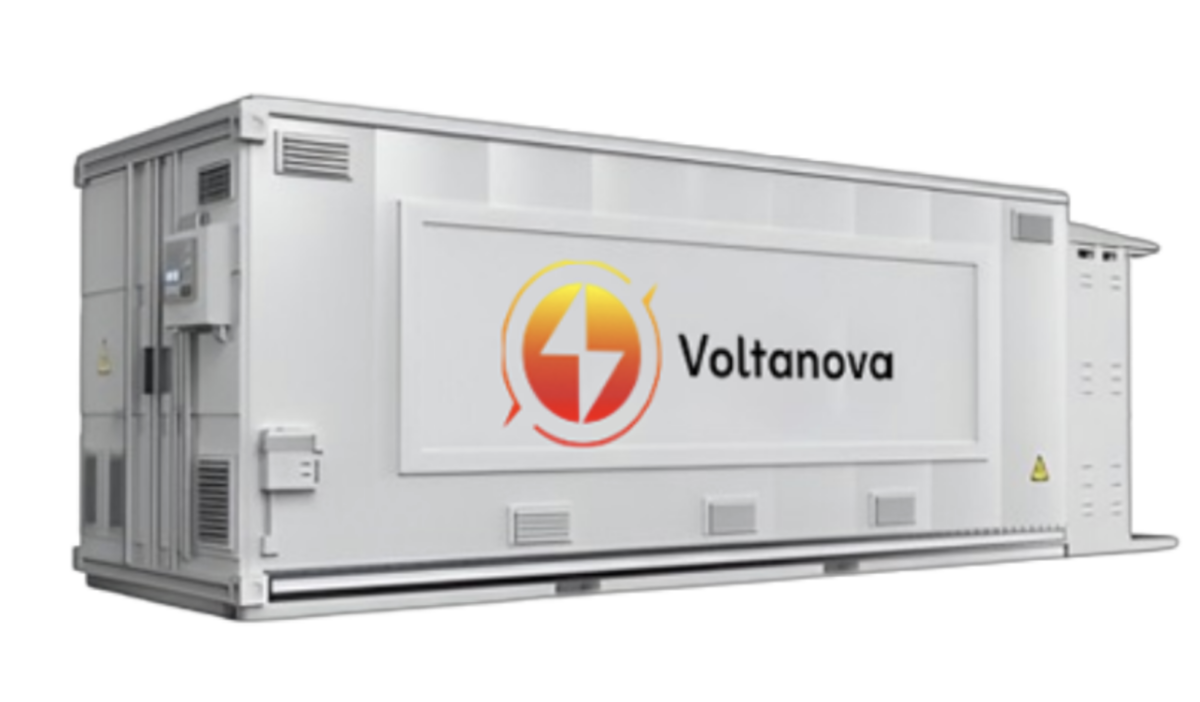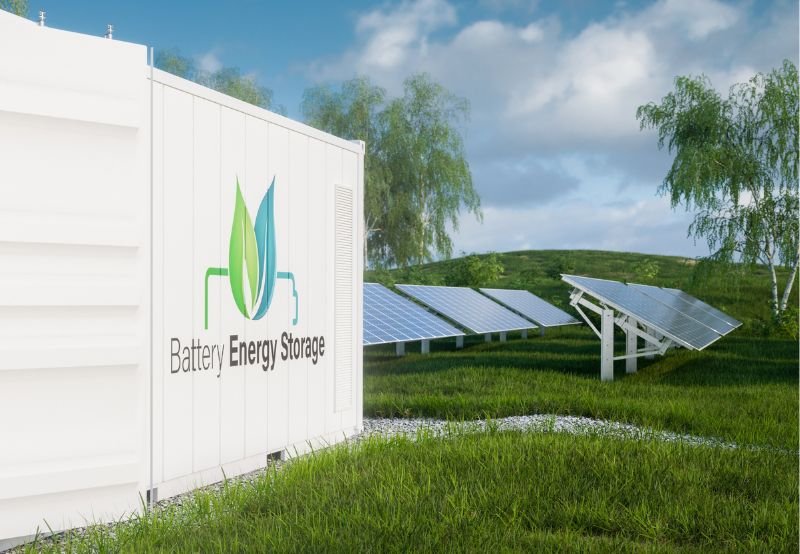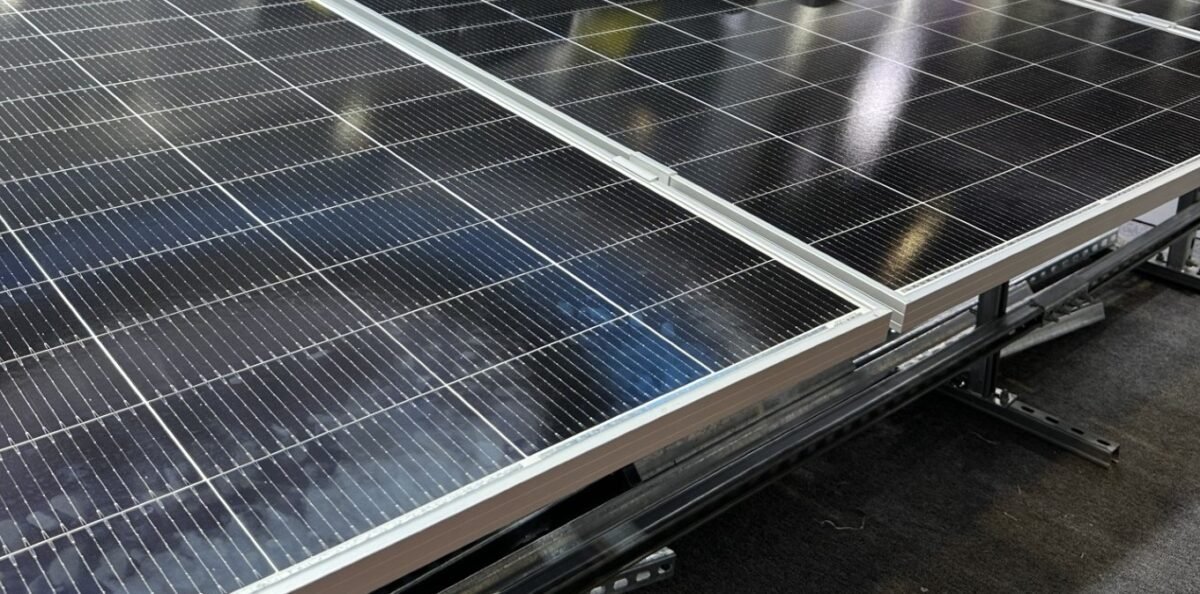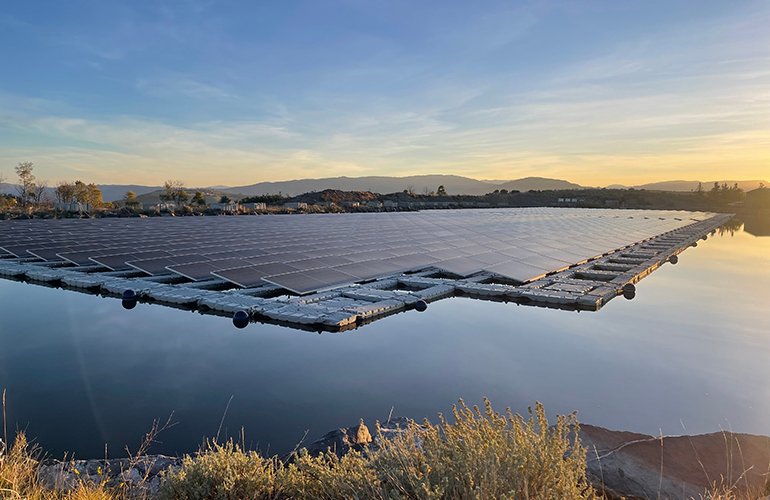Thermal Batteries: The Future of Energy Storage Beyond Lithium-Ion
As industries seek alternatives to lithium-ion batteries, thermal energy storage emerges as a game-changer for long-duration applications. Voltanova CEO Jaicky Kumar explains how this innovation aligns with India’s push for energy independence and industrial sustainability.
Why Thermal Storage Solves Renewable Energy’s Biggest Challenge
While solar panels and wind turbines generate clean energy, their intermittent nature creates grid instability. Unlike lithium-ion solutions, thermal batteries store energy as heat—similar to a thermos maintaining temperature for hours but scaled for industrial needs where continuous power is vital.
Key Advantages Over Traditional Storage
- Cost-effective at one-fifth the price of lithium-ion systems
- Utilizes abundant local materials, avoiding global supply chain risks
- Ideal for heat-intensive sectors like steel and cement production, supporting industrial rooftop solar savings
India’s Domestic Energy Storage Revolution
With lithium-ion technology dependent on imports, thermal batteries offer a Made-in-India solution that supports the Atmanirbhar Bharat initiative. Voltanova’s system demonstrates how localized manufacturing can transform energy security, much like Waaree’s efforts in Gujarat.
Engineering Breakthroughs in Heat Management
Voltanova’s proprietary insulation and AI controls maintain temperatures up to 2,000°C with minimal loss, delivering better efficiency and lifespan than conventional batteries while integrating with existing infrastructure—no costly upgrades needed.
Scaling Thermal Battery Technology Nationwide
Current pilot projects focus on industrial applications, with plans to expand across manufacturing sectors. As India pursues net-zero goals, thermal storage could significantly reduce CO₂ emissions while providing reliable power—a crucial advantage over intermittent renewable sources alone.
The combination of cost savings, local materials, and high-temperature capabilities positions thermal batteries as the storage solution industries need. With India’s renewable sector growing rapidly, this technology offers the missing piece for 24/7 clean energy delivery.






